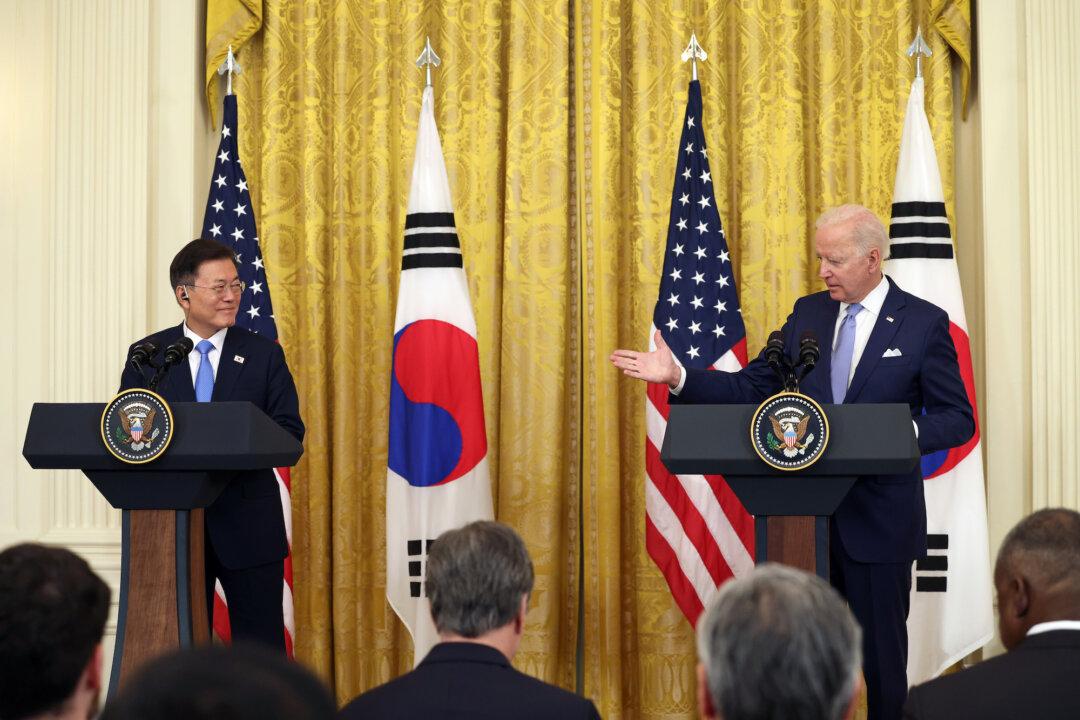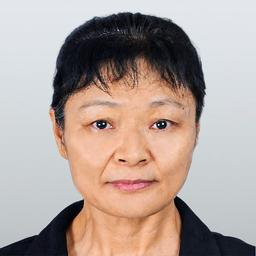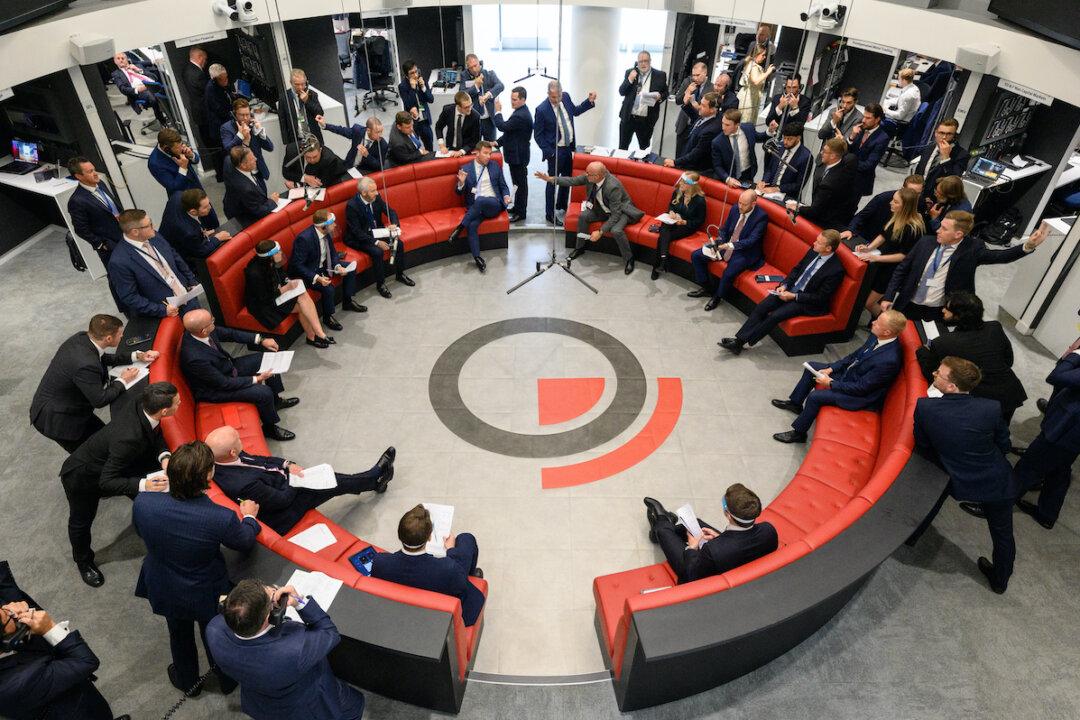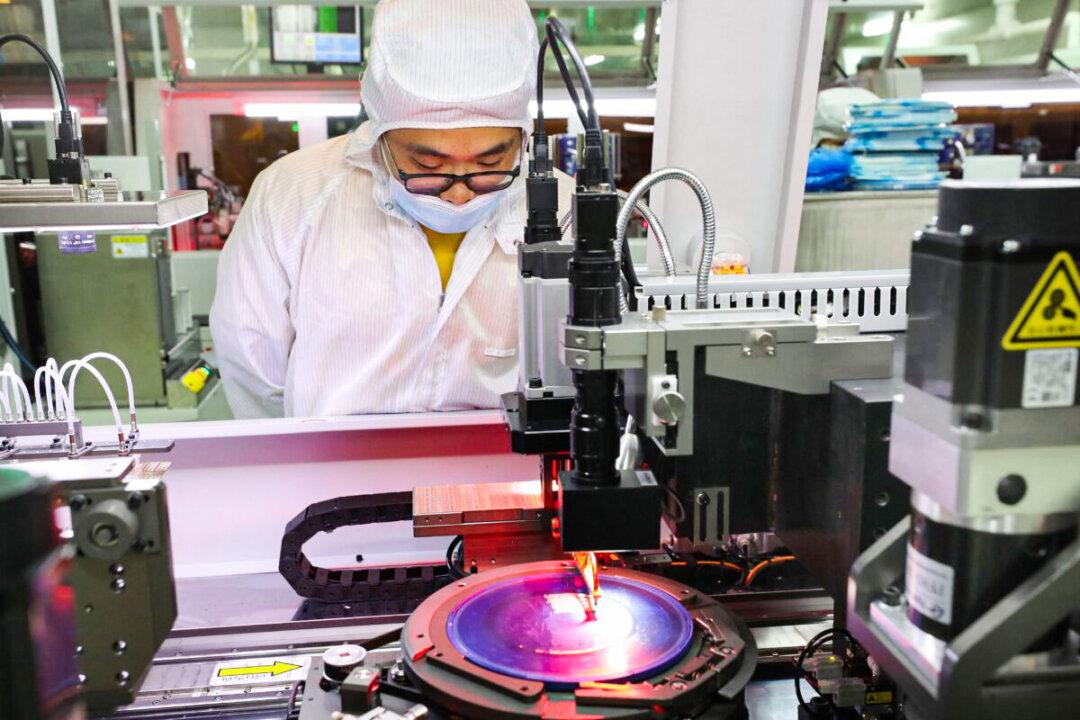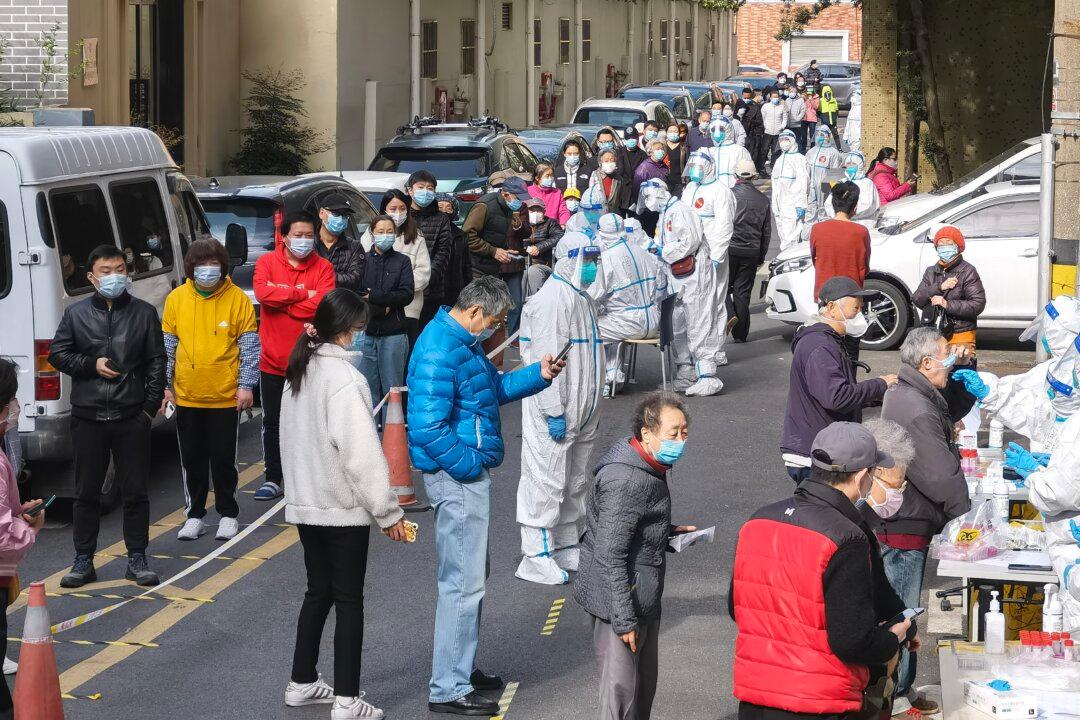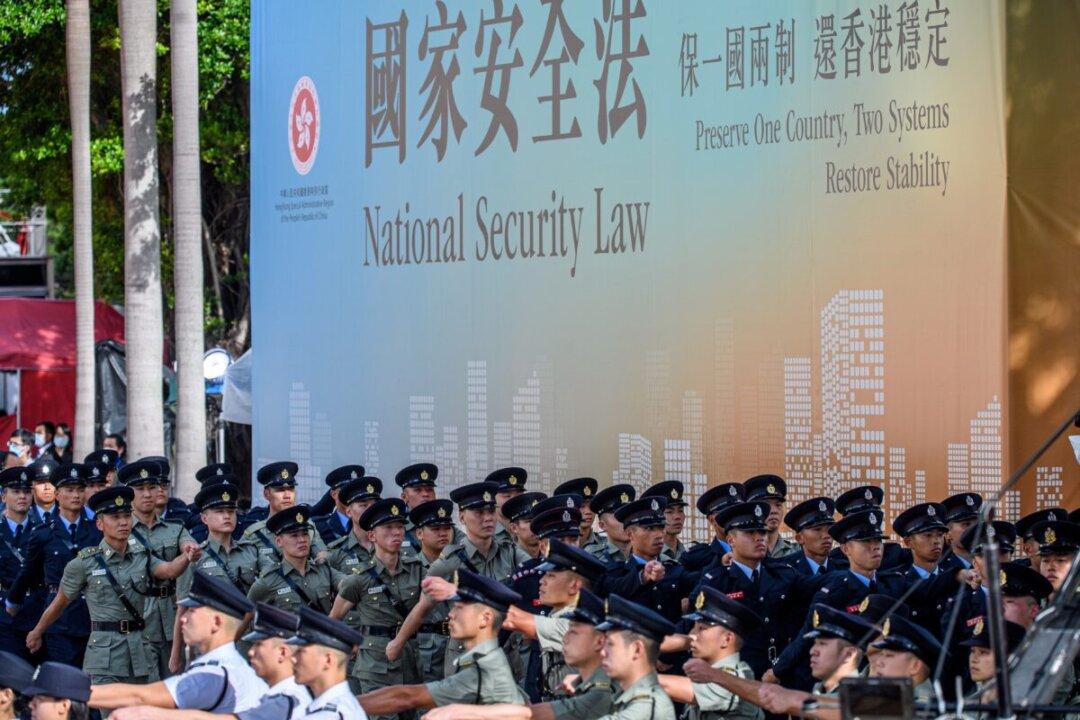News Analysis
A South Korean military expert has said it remains to be seen whether South Korean President Moon Jae-in’s stance toward the Chinese Communist Party (CCP) will change after his visit to the United States. Moon concluded his four-day visit to the United States on May 22. The two countries signed a joint statement that for the first time mentioned the Taiwan Strait and South China Sea issues, surpassing the Korean public’s expectations of a government that has, to date, been in lockstep with the CCP’s influence efforts.
